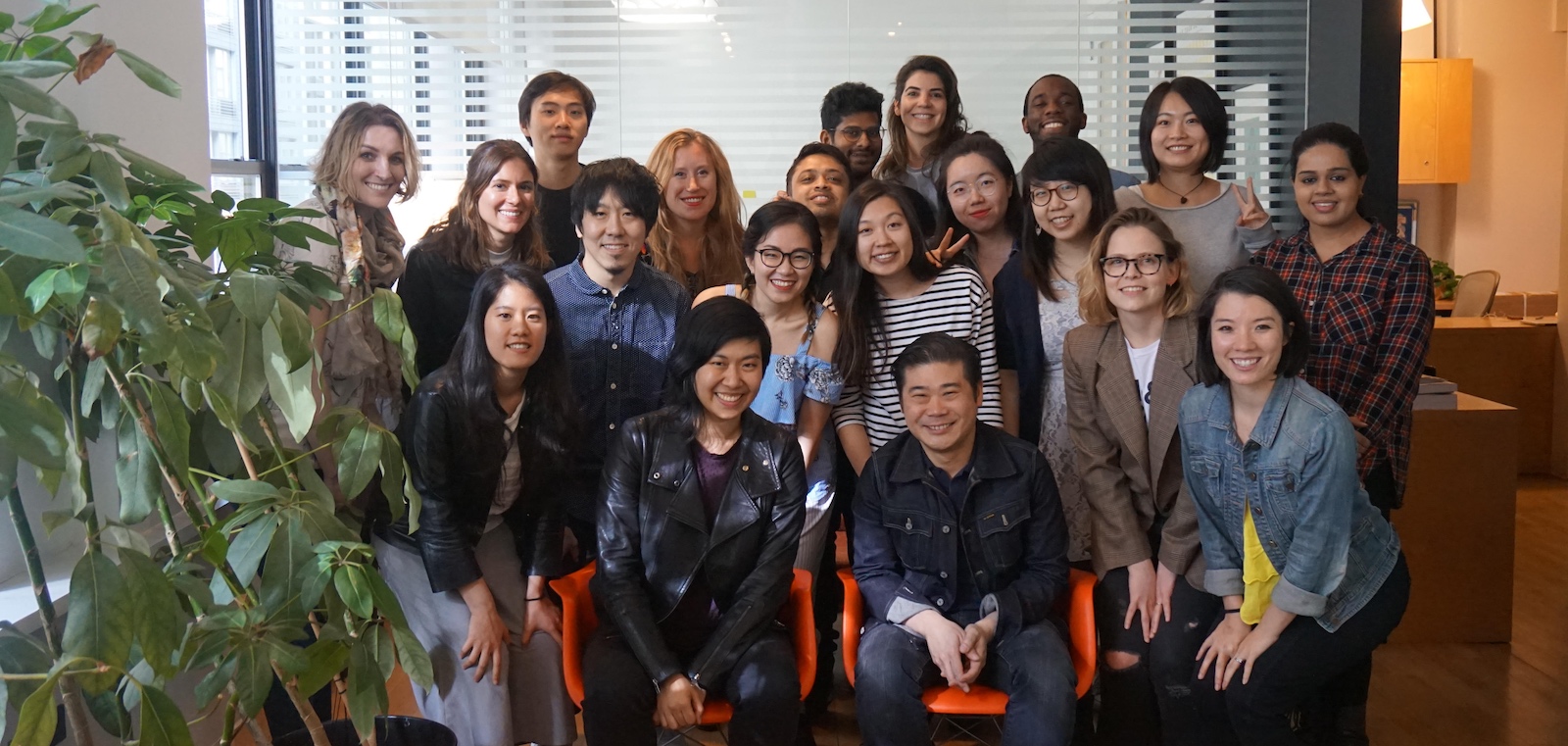Insights from Teaching Entrepreneurial Design

Chris and Gary, seated, with the 2018 Entrepreneurial Design class at School of Visual Arts MFA in Interaction Design Program.
Teaching Entrepreneurial Design has taught us a lot about the benefits and challenges of experiential instruction.
Experiential learning is an unparalleled way to get students to deal with real complexity in their process, and it is an especially useful tool for teaching about the abstract concept of “networks.” However, experiential instruction is also energy-intensive and risky for both instructors and students.
Here’s an overview of some of the major instructional challenges we have encountered:
1. Networks are an abstract concept, and hard to teach instructionally. It has taken us years of experimentation to come up with effective mental models, vocabulary, and exercises to help students effectively connect theory to practice.
2. Networked fluency is something that needs to be deliberately and actively taught. We thought that knowing how to parse, access, and leverage networks would have become more intrinsic and obvious with the rise of social networks, but our experience so far has proven otherwise.
3. Online infrastructure is volatile. In the last 7 years, many of the platforms we rely on for our courses have fallen into disrepair or disfavor, or are now unrecognizable after their respective pivots. Online platforms are both the tools we teach and the spaces we teach within, so we have to constantly re-evaluate.
4. Engaging in public requires students to be courageous. Working in public requires being open to judgment at scale, and missteps can lead to real and lasting consequences.
5. Students are systemically unprepared to deal with ambiguity. In our class, there is often no “right answer,” which can be incredibly unnerving for students trained in an achievement-oriented mindset.
6. Personalized transformative experiences don’t scale. In our model, students show up with different aspirations and skill-sets, then go on very individualized journeys. This means that what they need from us as instructors is eclectic and unpredictable, which requires a lot of emotional energy to manage.